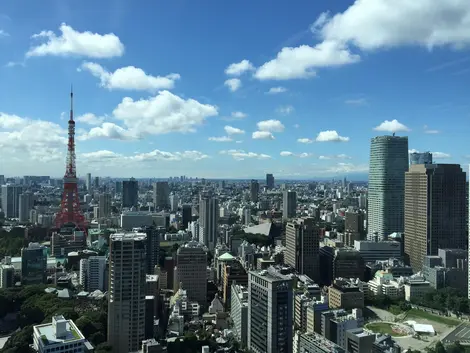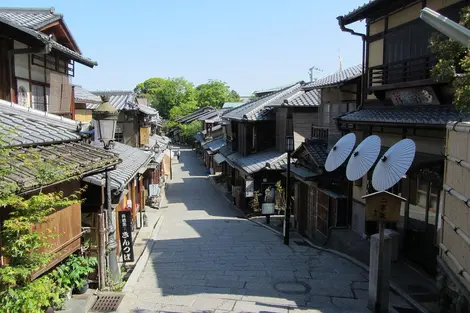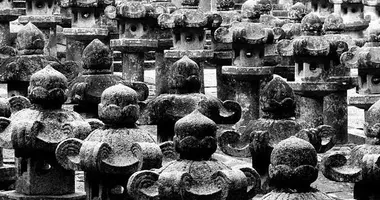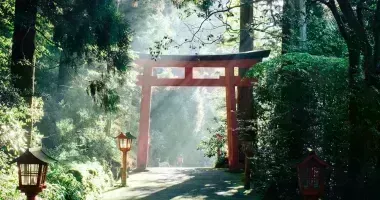Rents in Japan
Everything you need to know about housing prices in Japan
Finding a place to live in Japan is not that difficult, but the rents are high. Larger cities are the most expensive, and there are local practices to be aware of so as not to be surprised by the move-in costs. And yes, according to a study published in 2016 by the CIJN on the highest rental prices in the major cities of the world, the ranking was as follows: 1. New York, 2. Hong Kong, 3. London, 4. Tokyo and 5. Paris.
Between towns and countryside
In Japan, rents can be expensive, but it varies depending on the region: accommodation in central Tokyo does not have the same appeal as in Aomori! It is in the big cities that prices soar the most. Accommodation near a train station is also preferred. A building with an elevator and a self-closing door system will also affect the price. These amenities will also push the price higher!
For example, in an 18m² studio: in 2015, the average rent was 71,352 yen (around $628/554 €) in Tokyo, knowing that the variation is large between the 23 districts of the capital. From the most expensive in the district of Minato-ku (110,000 yen, or $968/854€ on average) to the cheapest in Adachi-ku (50,000 yen, or $440/388€ on average). For this same 18m² area, the most expensive cities are in order: Tokyo, Yokohama, Kobe, Saitama, and Osaka. However, in reality, the actual cost, especially in Tokyo can be considerably higher.
The Japanese housing system
In the Kanto region (greater Tokyo/Yokohama area), a 4 to 6 months rent in a form of a security deposit is required as a common practice.
How to rent an apartment in Japan?
- Shikikin, which represents 2 months' rent, is a partially refundable deposit after the costs of works and cleaning are taken from the sum.
- Reikin, represents 1 to 2 months of rent: considered as a payment of appreciation which one gives to the owner. The custom became common in the the1950s.
- Agency fees, 1 month's rent.
- Another month's rent in advance, plus utility charges and homeowner insurance.
- It is also necessary to have a guarantor, a Japanese national in good credit standing.
- Another element to take into account is that the rental contract is to be renegotiated every 2 years. The tenant must re-engage for a new period, paying 1 to 2 months rent, in addition to the agency fees for the second time (called kôshin).
In the Kansai region, the system is a little different, as you will need between 3 to 6 months deposit (partially refundable) plus agency fees to access a rental.
All these factors must be taken into account to go on an adventure in Japan! Settling there cannot be improvised, you must have the necessary budget to meet these moving expenses. For all these reasons, the Japanese prefer to become homeowners like the rest of the world, leasing can be a financial sinkhole over time.
Social housing in Japan
Rest assured, the social housing system also exists in Japan. There are no fees as in the private park (only a deposit of one or two months) but certain means-tested conditions are required to access low-rent accommodation.
In Japan, rent is paid at the end of the month for the following month, as wages are paid on the 25th of the month. Some large companies offer housing assistance for their employees, government-assisted housing projects are available but scarce and only available for residence and citizens.
Rent an apartment during a stay in Japan?
Visitors and tourists can rent accommodation in Japan too! For a few days or a little longer, immerse yourself in the daily life of an authentic Japanese neighborhood. In addition to offering a unique local experience, this can be a more economical solution.
No worries! Japan Experience will offer a solution! We have a variety of modern apartments and traditional Japanese houses for short and long-term rentals in some of the most popular destinations: Tokyo, Kyoto, Kanazawa, and Takayama.














